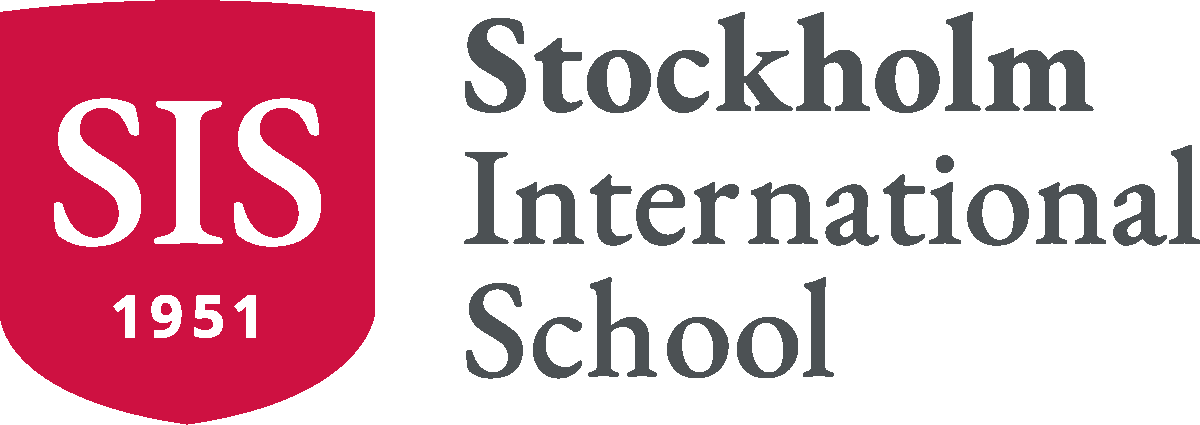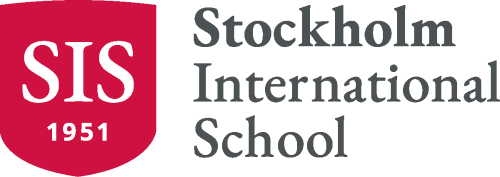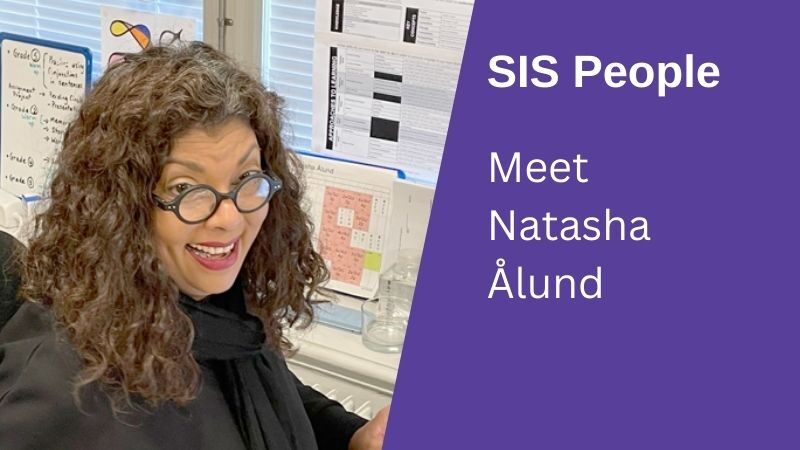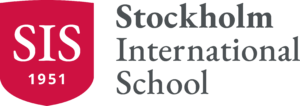EAL Primary Teacher, Subject Leader
There is no doubting that teachers at SIS are committed, but in the case of Natasha Ålund you might say she is positively addicted. She has taught in her native Caribbean, in Thailand, and in Sweden. She is qualified as a teacher in Sweden, and equipped to teach English as an Additional Language (EAL) – and by the way is certified by the Professional Golfers’ Association (PGA) to coach to under sixteen level.
‘I wear a lot of hats’ she laughs with the beaming smile of someone very happy in her work.
But let’s rewind to those early years in the Caribbean, and the influences at work on the young Natasha. Her father was a legal professional and her mother a teacher and school principal. ‘In my family – I have one sister – we were strongly influenced by our parents’ vision for us. I was to be a lawyer and my sister a doctor.’ She laughs again: ‘And why not? Every family needs a lawyer and a doctor at some point!’
Yet in the midst of this Natasha actually did her first teaching. As a student in her teens, she would accompany her mother into her school and occasionally teach a lesson to the younger children. She loved it, but still it was the law that she went on to study, alongside sociology and political science. During her time at University in Barbados she met her then partner – a Swede – and ultimately made the move to Sweden.
Law is not a discipline that is easily transferable from one nation to another. The fundamental jurisprudence and regulatory framework are unlikely to correspond, so Natasha started to explore other options, and sought to capitalise on her enjoyment of teaching to make that her new career. She enrolled at the University of Stockholm to study for her Batchelor’s Degree in Education and would later obtain a Master’s Degree from the same institution. She specialised in EAL and educational management during her studies. When it came to her practicum during her undergraduate years – her classroom experience placement – Natasha found herself at SIS.
‘I can honestly say that it was my first proper teaching job. After the placement I was asked to do some teaching as a substitute and so my relationship with SIS developed and deepened. That was back in the 90’s, and here I am all these years later.’
Her SIS years were not entirely unbroken though. She taught elsewhere in Sweden on graduating, and for a time in Thailand, which fed her love of teaching in an international environment. But on returning to Sweden an opportunity at SIS beckoned and she rejoined the team. She must like it here then?
‘SIS is really special,’ she says. ‘I love that parents are really engaged with the children’s progress, it makes it a real pleasure to work with them to help the students to do their best work.’ In that respect, one of things exciting Natasha is the transition SIS is making from the IPC Primary curriculum to the International Baccalaureate Primary Years Programme (IB PYP). ‘The IB programme offers a lot more range and autonomy in how we teach in class. The student has a much louder voice in the process, and it’s great to be able to encourage them to follow their interests and let them investigate the things they are most curious about, while all the while providing the rounded educational skills they need.’
That collaborative note is one that obviously is important to Natasha, and she is frank that she misses what she feels was a greater sense of collegiality in previous years at SIS. ‘I’ve been involved with SIS for over two decades, and I’ve seen it grow, and seen the culture change – and sometimes switch back – over time. I know with each new generation practices change, but I feel we used to have more time to be supportive of each other, to consult, and to socialise.’ As another hat that Natasha wears is that of a Union Representative in the school for Sveriges Lärare, the country’s largest teaching union, she is passionate about teachers’ voices being heard. ‘I think all the teachers want to feel that as well as doing their very best by the students, they can have a real engagement with the management of the School, and see their opinions reflected in the decisions that are made, or at least feel confident that their contributions have been listened to. I see that as an important part of my role as a union representative making sure that the School management consults with us and shares decisions transparently.’
She complements that role by doing her bit to promote social activities within SIS, sitting on the Sunshine Committee which organises staff events and social gatherings to bring colleagues together. Dealing with quite a lot on quite a big SIS plate doesn’t mean that Natasha doesn’t have other interests though. Apart from playing golf she also has a strong creative thread in her life. Painting and drawing are forms of relaxation she enjoys, and lately she has also been exploring floristry. ‘I’ve been learning flower arranging for a little while now and have obtained two diplomas in Floristry. Together with a group of other women, I am in the process of setting up a small floristry business. It will be something to look forward to in the future.’
That may be part of her future, but there is no doubt that Natasha’s passion for teaching, and her love of SIS will make the School an essential part of her present for some time to come.










